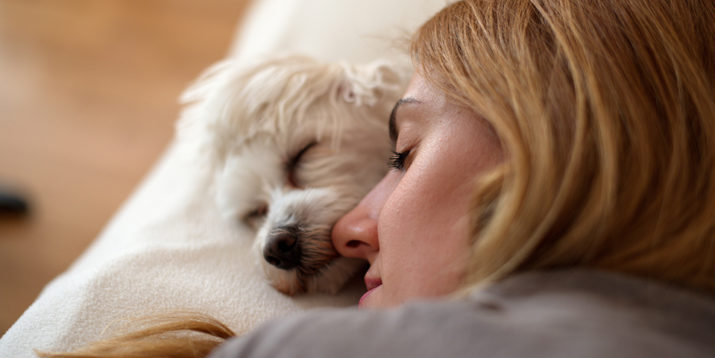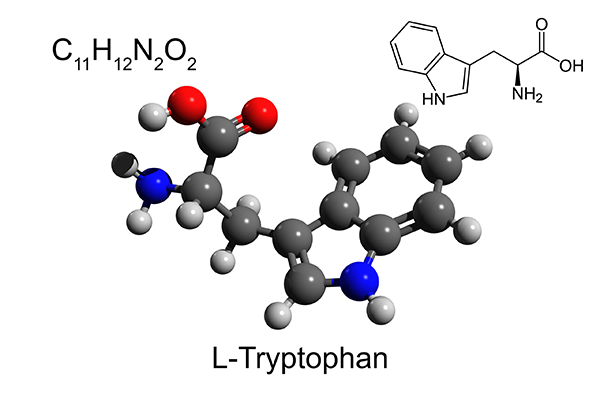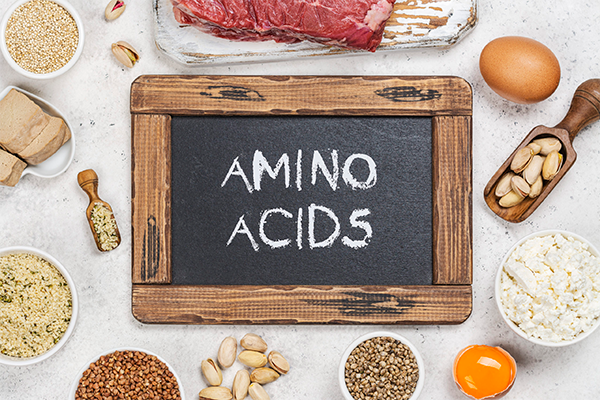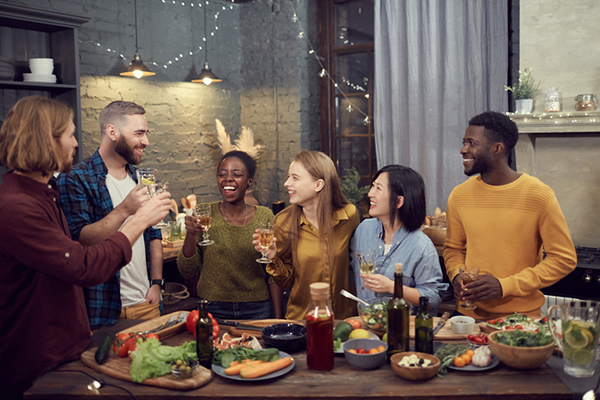Does Turkey Really Make You Tired?

Another year, another Thanksgiving meal comes to a close and there’s nothing you want more than a pillow to lay your head on.
“It’s all that turkey. Turkey makes you tired” — we’ve all heard that fun fact.
But is it true?
Turkey’s high L-Tryptophan content is supposedly responsible for the drowsy state many find themselves in, post-Thanksgiving feast.
There’s definitely L-Tryptophan in turkey, but its contribution to drowsiness after Thanksgiving dinner is dubious at best.
Here’s what’s really happening:
What Is Tryptophan?

L-Tryptophan is an essential amino acid. Amino acids are the building blocks of proteins and other biomolecules in the human body.
The body can synthesize all but nine of the amino acids that we need, but these other nine must come from the food we eat, thus the term “essential.”
L-Tryptophan is a precursor for a number of important compounds in the body, including serotonin which, in turn, converts into melatonin.
Melatonin is a neurohormone that you’ve probably heard of — it regulates the daily night-day cycle and many people take it in pill form to restore healthy sleep patterns when traveling or during other routine alterations.
Healthy sleep patterns you say? Hmmm. It’s starting to sound like L-Tryptophan might actually be responsible for our post-Thanksgiving drowsiness.
Well, turns out there’s more to the story.
Amino Acids Like to Hang Out Together

Remember, amino acids are the building blocks for protein. The proteins that make up the foods we eat are all composed of different combinations of many, sometimes all, the amino acids that our bodies need.
The only place you’ll find L-Tryptophan and other amino acids in isolation is in a lab or on the shelf in the vitamin section of the grocery store.
Why does this matter? After consuming protein-rich foods, like turkey, enzymes break the complex proteins down into individual amino acids.
These amino acids enter the bloodstream and make their way through the body ready to accomplish numerous important tasks.
It’s in the brain that L-Tryptophan has the opportunity to convert into serotonin and then melatonin.
Well, turns out the brain can only process so many amino acids at once.
So when a crowd of various amino acids tries to enter the brain together, there’s a bit of a logjam.
The end result is that very little of any one amino acid is able to enter the brain at once.
So yes, there is a good amount of L-Tryptophan circulating in your system after a turkey-rich meal, but very little of it actually makes it to your brain, which is where it has to be to convert into melatonin.
The Simpler Answer
Rather than pin Thanksgiving lethargy on the poor turkey, I’d like to suggest something a bit more straightforward. Let’s back up and start from the beginning.
On Thanksgiving, most of us spend the afternoon snacking, drinking, and lounging around the TV or enjoying some other passive activity.
Then we sit down and eat. We eat A LOT.
Many of us also enjoy at least a few glasses of wine, beer, or some other alcoholic beverage.
After dinner, we might get up for a short moment, but almost always end up back at the table to enjoy a hefty plate of numerous sweet desserts.
Dessert perks us up for a brief final moment of conversation and then the eyelids start to feel heavy.
We’re drowsy after Thanksgiving dinner because we’ve consumed far more calories than one could ever need after a day of lounging around on the couch.
Don’t believe me?
Do an experiment. Spend any day relaxing with friends and then polish off a few large plates of rich food and knock back a couple of beverages. Trust me — you’ll feel tired!
Don’t Stop the Party!

There’s no reason to feel guilty for enjoying food and drink with loved ones on Thanksgiving, but for those looking to maintain a bit more energy throughout the day here are some pretty simple tricks that won’t put too much cramp on your holiday style.
1. Go easy on the sweets (and booze)
Sugars (from desserts or alcohol) quickly break down into glucose, which gives a quick boost of energy.
However, the body can only handle so much glucose at once, so it releases insulin to allow the body to store it for later use.
Insulin pulls glucose out of the bloodstream quickly and efficiently, thus the “crash.”
The more glucose that enters the bloodstream at once, the more insulin gets released.
Moderating sweets, simple carbs, and alcohol throughout Thanksgiving day can help you to avoid a big crash at the end of the night.
2. Slow down
It’s easy to let our excitement get the best of us with great meals like Thanksgiving. It takes a bit of time for the body to realize how much food it has taken on and signal us with feelings of fullness.
Eating fast often means, eating more. Use smaller plates for dinner, take time to chat with your loved ones between bites, and chew each bite well.
3. Go for a walk
Light exercise, like walking, can help improve digestion after meals. Walking is also an incredible way to keep energy levels up regardless of one’s fitness level.
Plus a good walk is a great way to keep the conversations going and burn a few of those extra calories off.
In the end, a bit of Thanksgiving sluggishness is probably a sign that you’ve thoroughly enjoyed family and friends, which is the point right?
There are no secret sedatives waiting for you in the Thanksgiving turkey.
Enjoy it, relish the tasty sides, and get a good night’s sleep. Next time your loved ones try to blame everyone’s drowsiness on the turkey, you can wake them up with the truth about tryptophan.
